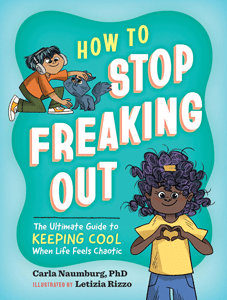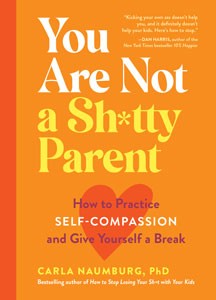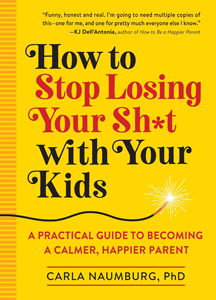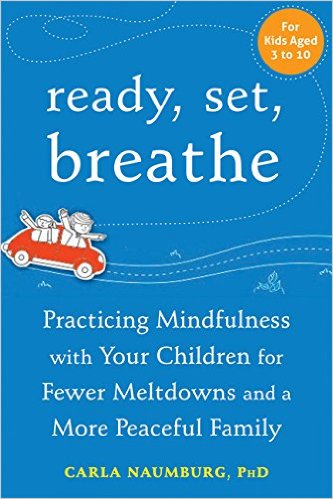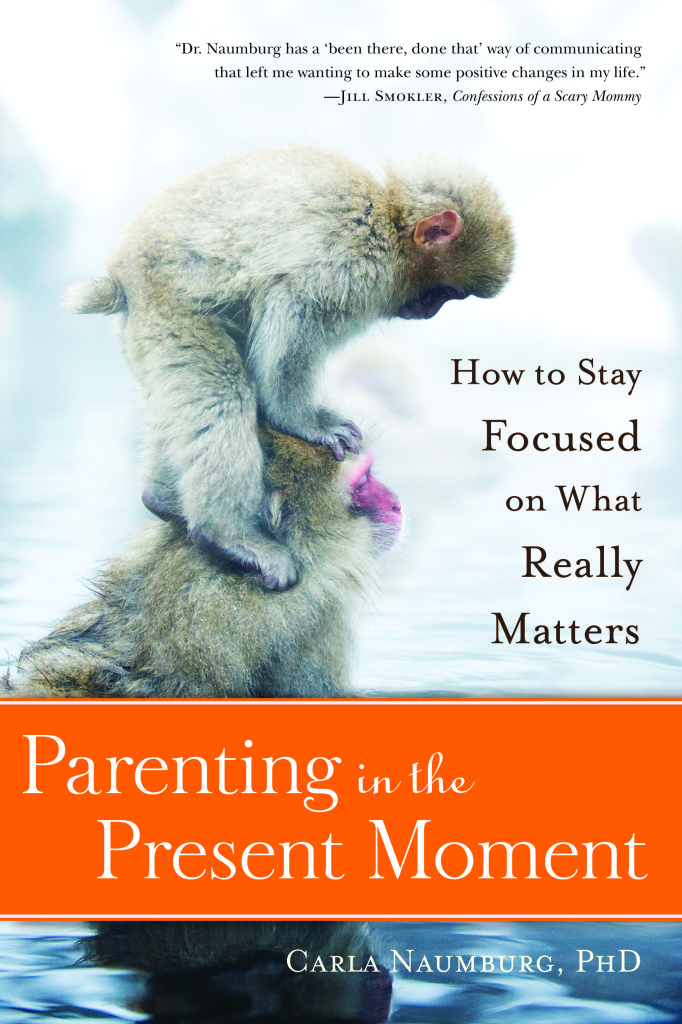Well, folks, it’s been over a year and a half since I’ve updated my blog. I could give you all the reasons, from building a new house to moving into it to writing and marketing my second book, but those are just details. The important point is that I’m back. And if I’ve learned anything about parenting and life from my mindfulness practice, it’s that we can always, always begin again.
So here I am, ready to pick up where I left off – with part 4 of my 6-part exploring the definition of mindfulness. In Part 1, we talked about how I define mindfulness:
“Mindfulness is about setting an intention to pay attention in the present moment, with kindness and curiosity, so we can then choose our next action or behavior.”
In Part 2, I wrote about the importance of setting an intention, and Part 3 explored what it means to pay attention and how to do it.
This brings us to the present moment. How very, well, mindful of us.
Here’s why the present moment matters: it is the only place we can accurate data on what is actually happening.
Unfortunately for all of us mortals, the present moment is not where our minds and our awareness want to hang out.
Our thoughts would much rather hang out in the past (remembering, regretting, or reminiscing) or in the future (anticipating, worrying, or planning). This very human skill of being able to remember the past and plan for the future is not only useful; it can be crucial to our very survival. To give you a modern-day parenting example, the ability to remember that our child has a severe peanut allergy and to then plan ahead and bring a nut-free cupcake to the birthday party we’re attending can help us avoid both anaphylactic shock and a major meltdown.
The future and the past aren’t the problem. The problem is when we spend too much of headspace there, often without even realizing. When that happens, we miss out on what is actually happening right here, and right now.
The right here and now is the only place where we can figure out what’s actually going on (as opposed to what we think might be happening), and the only place where we can effect real change in our parenting and our lives.
Here’s an example: I was on my way to the gas station the other day to get my car inspected. It was the last day of the month, so I needed to get my inspection sticker that day. I didn’t have a lot of time before I needed to pick up my kids from school, so I was in a hurry. Several blocks before the gas station, I got stuck in traffic. Of course. I immediately began berating myself for taking that particular route to the gas station; there’s always traffic on that road and I should have known better. And then I started worrying about what I was going to do if I couldn’t get the sticker in time; could I bring the girls back with me after school? Would I be able to come back tomorrow?
I felt my heart rate speeding up, and I noticed that I was clenching the steering wheel so hard that my hands were starting to hurt. I decided to take a few deep breaths and calm myself down. As I breathed in and out, I took a moment to look around. I was right in front of the gas station.
I almost missed it.
My mind was so busy stressing about the past (I should have taken a different route) and worrying about the future (how would I get my sticker) that I didn’t even notice where I was. It wasn’t until I brought thoughts back to the present moment that I saw I was right where I needed to be.
This is a very concrete example of how bringing my awareness back to the present moment made my life easier and less stressful. But it’s not just about not missing a turn or a phone call or whatever it may be; it’s also about giving ourselves a break from unhelpful thoughts, memories, or worries that may be causing us stress or just making life feel harder in unnecessary ways. These mindless moments can seem quite small, to be sure, but you add up enough of them, and they can have a big impact.
Fortunately, the reverse is also true. String together enough moments of coming back to the present, and your day will start to feel a lot easier and less stressful.
The easiest and most effective way to bring your awareness back to the present moment is to take a few conscious breaths. You can take some deep breaths if you want to, but you don’t have breathe in any specific way. Just notice your breathing, and voila!, you’re in the present moment.
In the next post, we’ll talk about what to do once you’re there. And don’t worry, I promise you won’t have to wait another year for it.
Want more Mindful Parenting? Follow me on Facebook or Twitter, or sign up for my infrequent and not-at-all annoying newsletter.
This post was originally published on my PsychCentral Mindful Parenting blog.

